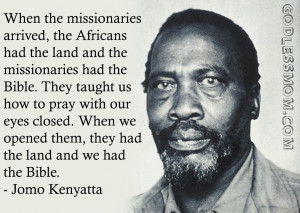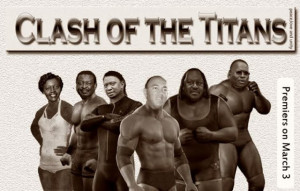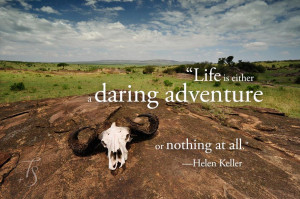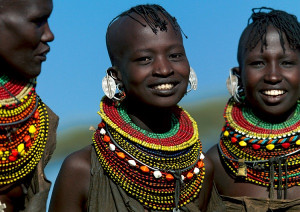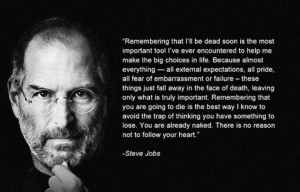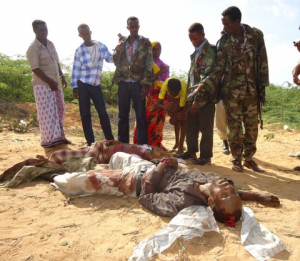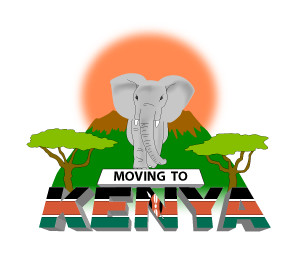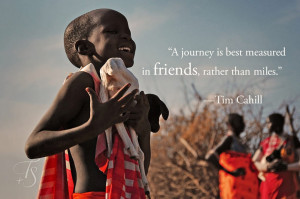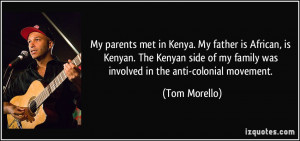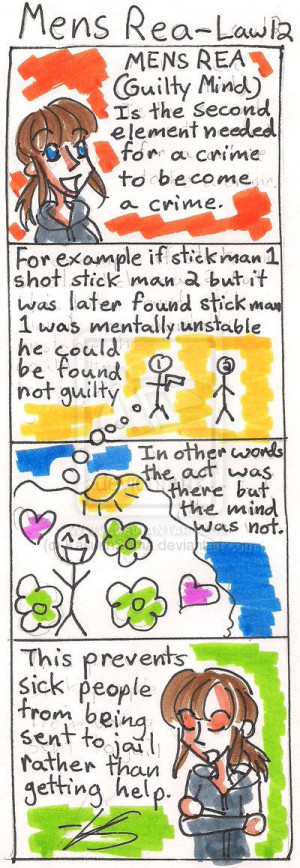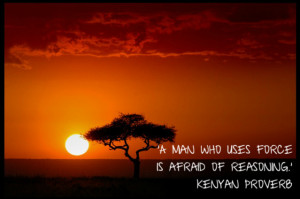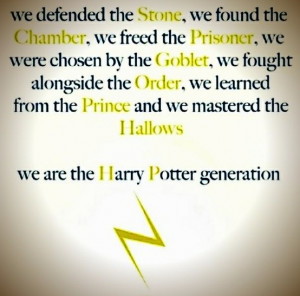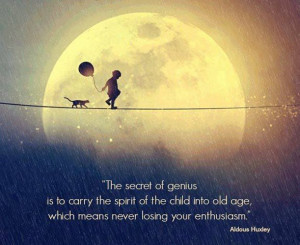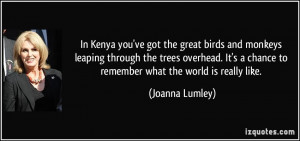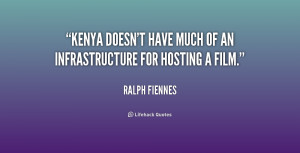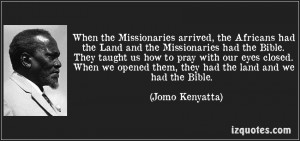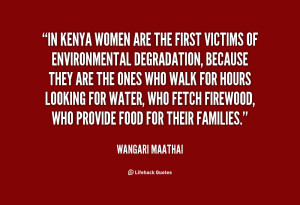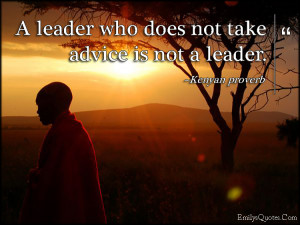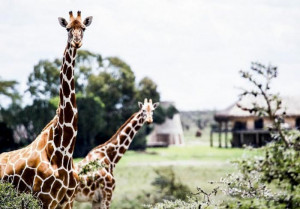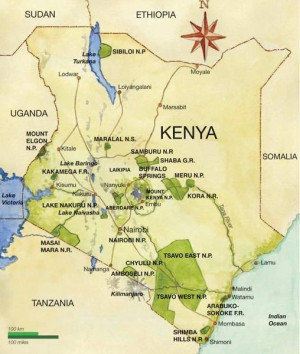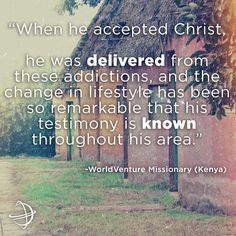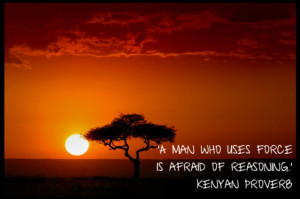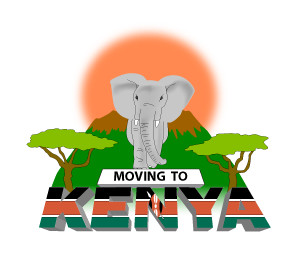Kenya Quotes
I did go on safari in Kenya when I was 17, with my mother, stepfather and little brother, and I kept a careful journal of the experience that was very helpful in terms of my sensory impressions of Africa. I have traveled quite a bit at distinct times in my life, though now that I have kids I've settled down.
I really enjoyed staying at an encampment at the top of a hill in the Samburu Reserve in Kenya. You reach it on a small plane; there is no electricity, no city noises and you sleep and shower under the Milky Way, with moths fluttering around a kerosene lamp, knowing that there are elephants and lions roaming free in the valley.
When you go somewhere like Kenya and you see how the children don't have pencils and pens, and all of these things are considered luxuries, and what a privilege they see education as and how hungry they are to learn, I wanted to give my brother and sister long lectures. That definitely stayed with me.
Having travelled to some 20 African countries, I find myself, like so many other visitors to Africa before me, intoxicated with the continent. And I am not referring to the animals, as much as I have been enthralled by them during safaris in Kenya, Tanzania and Zimbabwe. Rather, I am referring to the African peoples.
For countries such as Kenya to emerge as economic powerhouses, they need better infrastructure: roads, ports, smart grids and power plants. Infrastructure is expensive, and takes a long time to build. In the meantime, hackers are building 'grassroots infrastructure,' using the mobile-phone system to build solutions that are ready for market.
